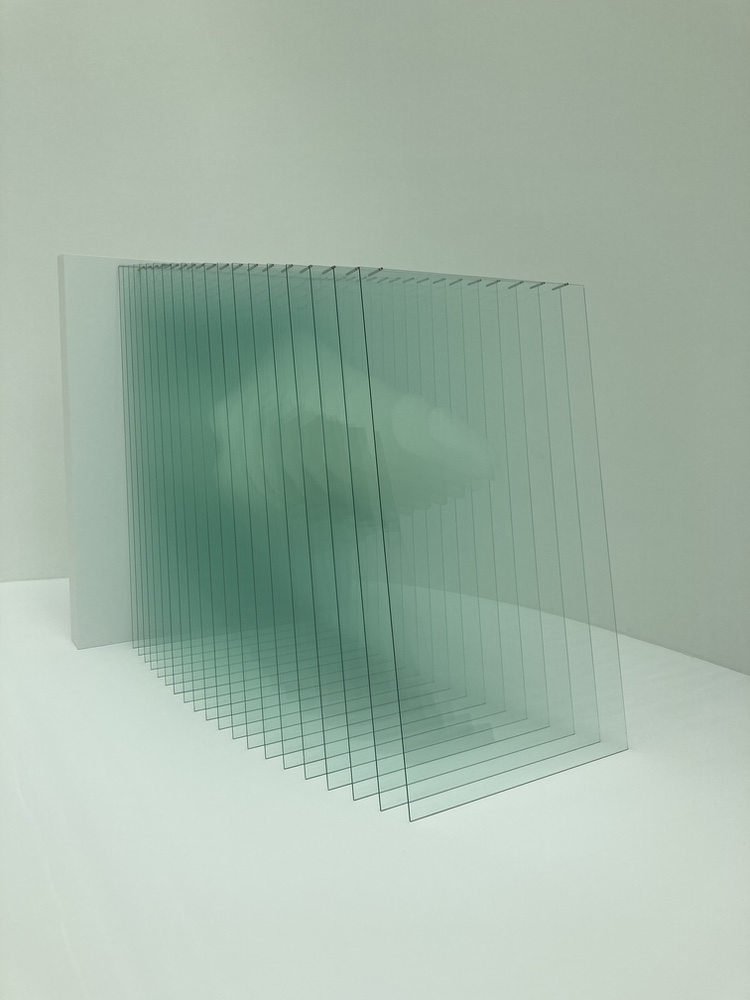I recently heard a conversation between Brian Koppelman and Steven Pressfield (circa 2019 in Koppelman’s podcast, The Moment) where Pressfield mentioned a few great things for creatives to remember: Being a professional has nothing to do with getting paid. Resistance is real, it’s myself, and is waiting for me to invite it to stop me. The Muse is real.
The muse really does reward me for being found working. I’ve learned, no matter the work, the muse approves when finding me ready with pen and paper close. But if the muse taps me and I fail to treat the gift appropriately—if I think, “I’ll remember that. I don’t need to write that down.”—then I hear the muse scoff, “we shall see.” We shall see if I remember. And we shall see if the muse waits a bit longer before checking on me again.
That, of course, was the reason for the pen all along: it’s a physical reminder that you are not reading merely to consume the words of others passively, but that you have an obligation to respond.
~ Mandy Brown from, https://aworkinglibrary.com/writing/ways-of-writing
I’m realizing that books themselves also need room to sprawl. If I keep them shelved upright, or even more simply stacked flat, they still seem to be squished into submission. When I am able to lay a few of them out, with some room for them to wave their invisible tendrils, they seem to taunt me: go ahead, pick me up! If there’s a tablet or some writing scraps at hand, or garish sticky notes for flagging pages, then it begins to feel like its own room with unfolding conversations. In the end, it’s almost a composition just having the books lying about.
True
This above all: To thine own self be true, and it must follow, as the night the day, thou canst not then be false to any man.
The payoff
If I think about how some project or effort of mine affects the world, it’s hard to imagine the effects that I would never know about. A tree falls in the woods; if no one hears it, does it make a sound? Does it make a sound a microphone would pick up? Yes, of course. Does it make a sound that affects someone? No, of course not. The answer depends on what we mean when we ask the question. If I do something creative, and no one that I know of benefits from it, does it matter?
Why? Because anyone who has ever done anything worth a damn, knows that they probably weren’t the main beneficiaries of their efforts. Our work may have lit up the world, but we still remain down in the mud, somehow.
~ Cierra Martin from, https://www.gapingvoid.com/what-samurai-teach-us-about-service/
For some reason, I liked the overall shape of that little article. But I don’t like the imagery of “we still remain down in the mud.” I feel like the thankless creative work that I do, doesn’t leave me “down in the mud.” A better metaphor—the way I think of it—is that I’m “still in the workshop.” I’m in the workshop. I’m being creative. My work has affects (I presume), but the fact that I don’t see those affects doesn’t make them any less real.
Disguise
We become so accustomed to disguise ourselves to others, that at last we are disguised to ourselves.
Transcendence
Maybe, if I was feeling really brave, I’d say that there is just one thing that I need to get beyond. If I was feeling that brave, I’m not, I’d say it’s the drive drive drive I feel to do do do.
What we usually do is either be driven, driven, driven by this fear … or we conclude that we need to abandon everything and start with a fresh slate. With this fear, it can feel like these are the only two options.
As Babauta of course goes on to point out: There aren’t, in truth, only two options. I’m still not feeling brave, but the idea that there’s a third-way sounds delightful.
Purpose
To concentrate your mind on something is not the true purpose of zen. The true purpose is to see things as they are, to observe things as they are, and to let everything go as it goes.
Noses
Have you ever tried to read Gray’s Anatomy? I tried to read a modern printing of a 1901 edition that was given to me. It’s 1,200+ pages in a perfect-bound book! That might have been 30 years ago and I’m not sure if anything from that adventure stuck… and yet, I bet a huge amount of knowledge has stuck. I recall it was an endless succession of interesting rabbit holes.
Nasal congestion, I’ve learned in all this, is far weirder than I ever thought. For starters, the nose is actually two noses, which work in an alternating cycle that is somehow connected to our armpits.
~ Sarah Zhang from, https://www.theatlantic.com/health/archive/2023/10/humans-have-two-noses-really/675823/
I’m struggling to resist the urge to see what Gray’s has to say about the nose. I do know that even the most fleeting search of the ‘ol Internet turns up a huge amount of material around this topic. I will also say that I’ve long known that lying on one’s side tends to open the opposing nostril’s nasal whatsit-stuff. Which I know only because I have a long history of sinus and allergy problems and have necessarily tried to sleep with a plugged schnozz, leading to creativity and experimentation.
Until next time, thanks for reading.
ɕ
